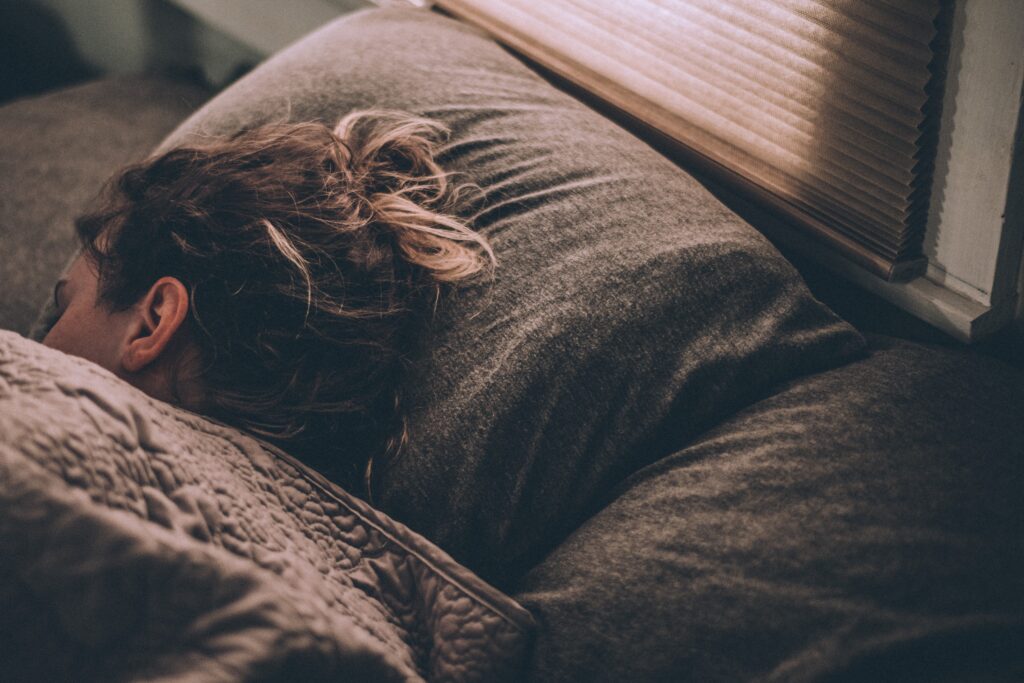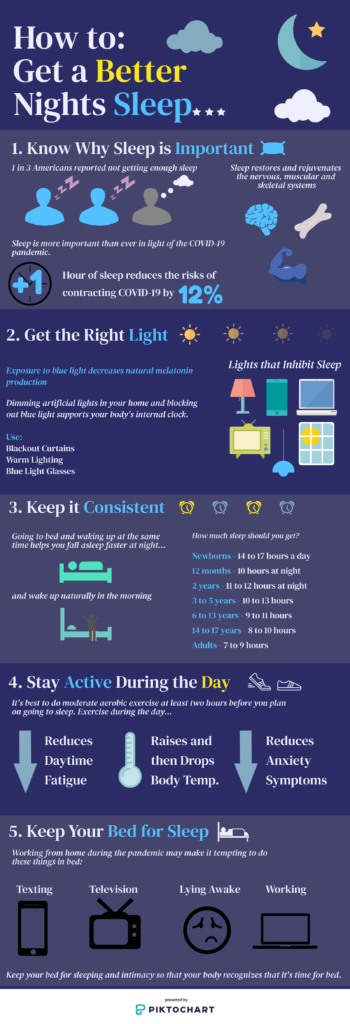Health
Study links reduced sleep to risk of COVID infection

By Andrea Bennett
Lack of sleep is linked with higher risk of infection with COVID-19, a new study suggests.
According to a report in the journal BMJ Nutrition Prevention & Health, researchers have found that an extra hour of sleep per night is shown to decrease the chance of developing COVID-19 by 12 per cent.
Yet, taking a one-hour nap in the afternoon increased the odds of COVID infection by six per cent, the U.S. study suggests.
Almost 3,000 healthcare workers – 20 per cent who previously had COVID – from the U.K., France, Italy, Germany, Spain and the U.S. were surveyed between July and September 2020 by American researchers. They found that participants who experienced burnout or had difficulty sleeping were at a higher risk of contracting the virus.
Findings also showed that with every additional hour of sleep at night, there was a 12 per cent decrease in risk of COVID-19 infection. An increase in hours of sleep at night appeared to be protective, while sleep during the day was associated with a higher risk of contracting the virus.

Disrupted or insufficient sleep or overall exhaustion has been associated with an increased risk of viral and bacterial infection. Yet, it was unclear whether these were coronavirus risk factors.
Researchers from Stamford Hospital in Connecticut also found that those who reported difficulties falling or staying asleep or need sleeping pills had an 88 per cent higher risk of contracting COVID-19. They predict that lack of sleep and sleep disorders have adverse effects on the immune system and increase inflammatory molecules.
Healthcare workers reporting “daily burnout” were also shown to have a 2.6 times greater risk of COVID-19, longer duration of infection and more severe symptoms, Becker’s Hospital Review reported.

-

 Canada5 years ago
Canada5 years agoSkyrocketing real estate prices spill over to suburban areas and small cities
-
Uncategorized5 years ago
Hello world!
-

 COVID-195 years ago
COVID-195 years agoSoundscapes Records Closing Permanently
-

 Entertainment5 years ago
Entertainment5 years agoWarner Bros. ‘Godzilla vs. Kong’ renews confidence in film industry with box office revenue
-

 Entertainment5 years ago
Entertainment5 years agoEllen DeGeneres loses over 1 million viewers following an apology over toxic workplace allegations
-

 Entertainment5 years ago
Entertainment5 years agoLil Nas X breaks the internet with new music video
-

 International5 years ago
International5 years agoCorruption Convictions Annulled Against Brazil’s Ex-President
-

 International5 years ago
International5 years agoThe fallout from Harry and Meghan’s bombshell interview with Oprah Winfrey